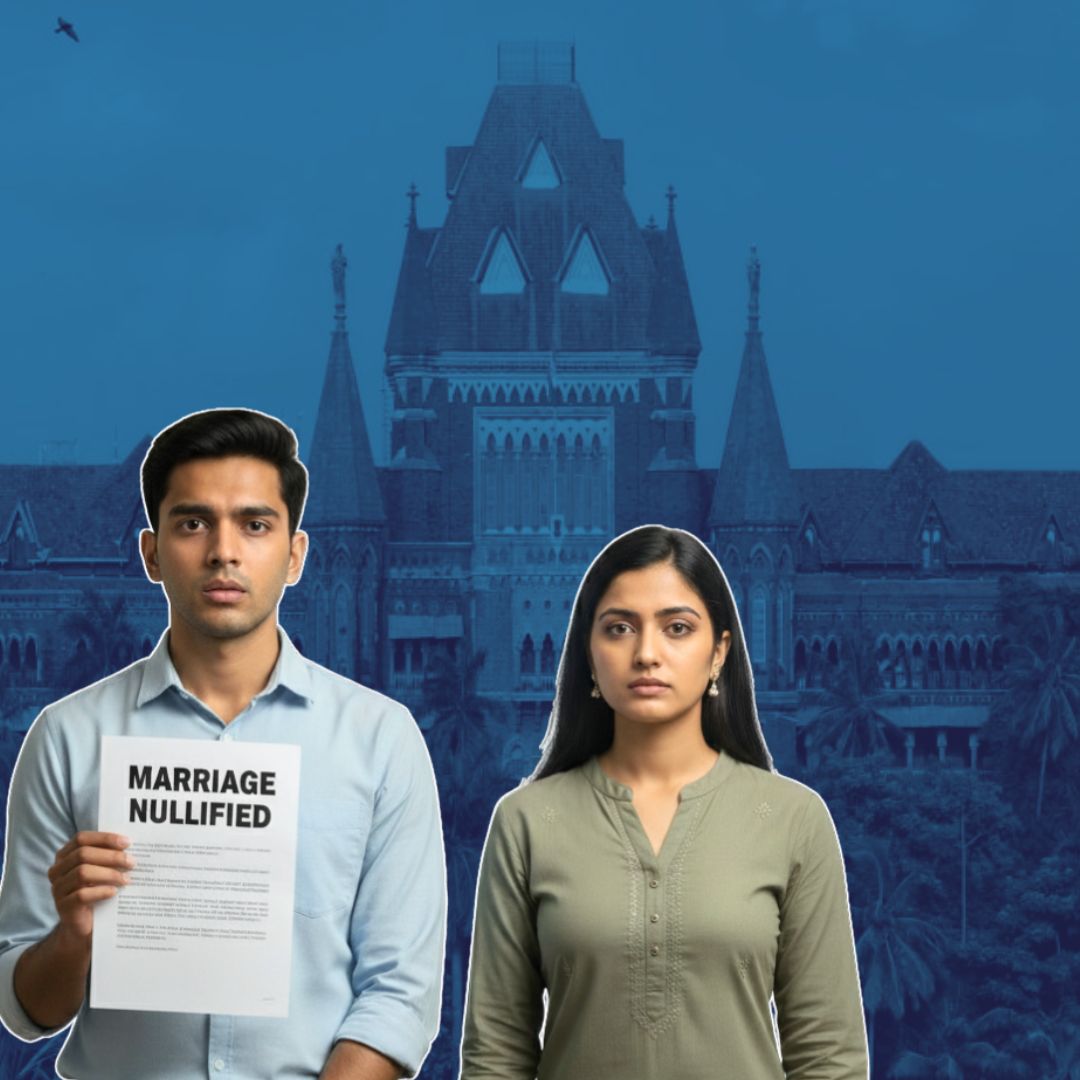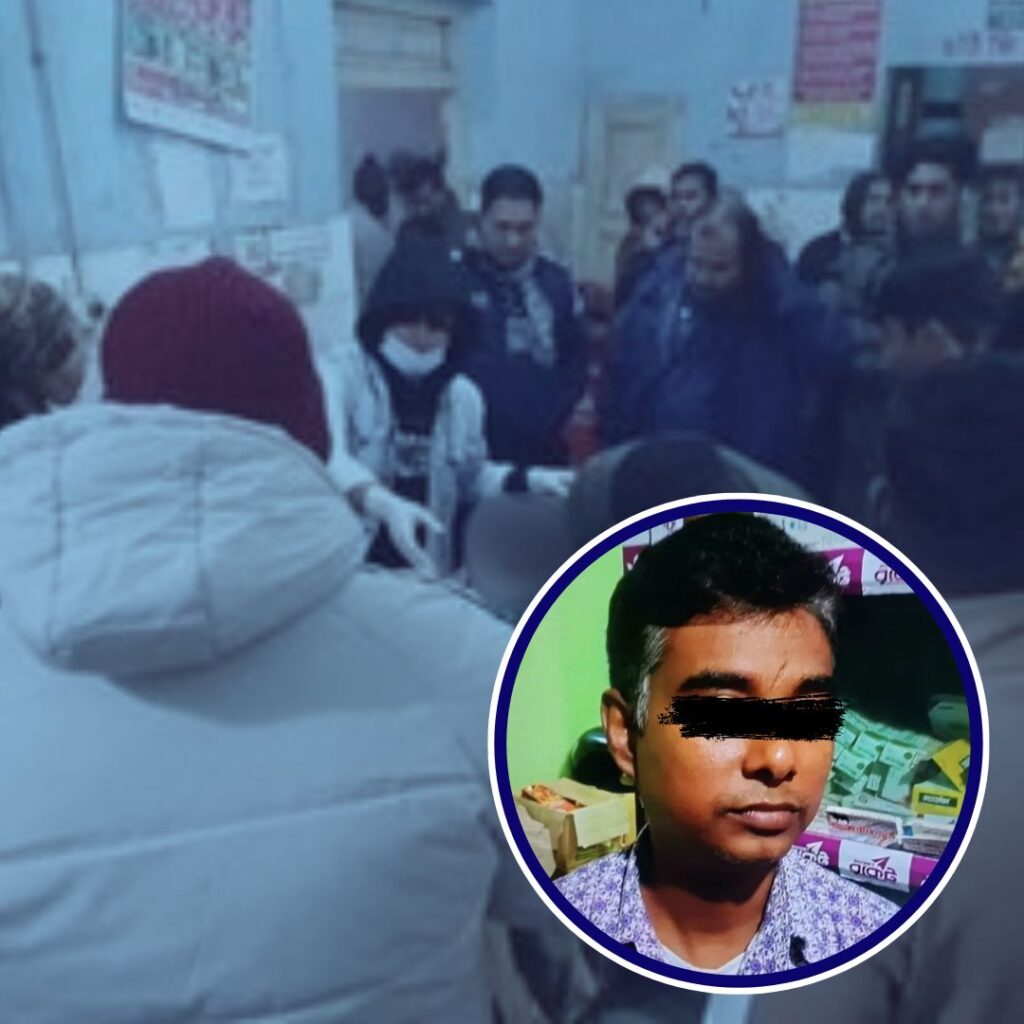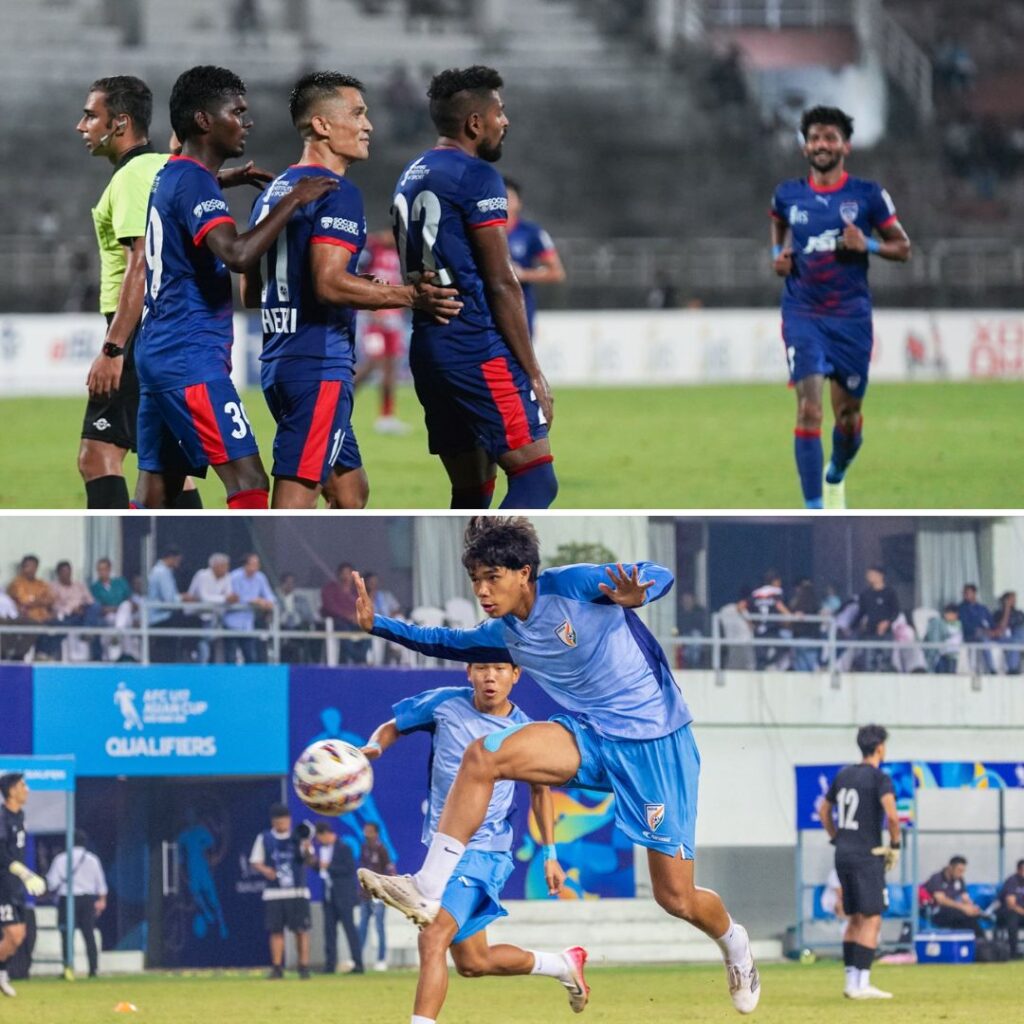The Aurangabad bench of the Bombay High Court has annulled a 2018 marriage after ruling that the wife’s family deliberately suppressed the fact that she suffered from cerebral palsy before the wedding, constituting fraud. The 31-year-old husband had challenged a family court’s dismissal of his plea seeking divorce under the Hindu Marriage Act.
The High Court bench of Justices Nitin B Suryawanshi and Sandipkumar C More held that this non-disclosure violated Section 12(1)(c) of the Act, entitling the husband to nullify the marriage. The couple cohabited for only six to seven months before the wife returned to her parental home, where she has remained since.
Court’s Detailed Findings
The husband noticed soon after the marriage that the wife exhibited symptoms such as prolonged sleep, bedwetting, frequent unconsciousness, and inability to respond. Medical examinations, conducted with the wife’s father’s consent, confirmed that she suffered from cerebral palsy, a congenital neurological disorder affecting muscle movement and intellectual capacity, which is incurable.
The family court had earlier dismissed the husband’s plea, partly on the grounds that the wife had behaved normally during the engagement and marriage ceremonies and that cerebral palsy was not a mental disorder but a physical condition.
However, the High Court disagreed, stating that cerebral palsy can include mild intellectual impairment and emphasised that the issue was the concealment of this condition at the time of marriage, which amounted to fraud. The judges observed that had the condition been disclosed, the husband may have reconsidered his consent to marry.
Legal Context and Background
The husband’s initial plea, filed in 2018, alleged that the wife’s family fraudulently withheld information about her incurable condition to secure the marriage. The wife denied mental illness, claiming only a weak hand and asserting that the husband’s mother proposed the alliance despite knowing about the condition. The family court rejected the husband’s petition in August 2023, ruling in favour of the wife.
Upon appeal, the High Court referenced precedent cases like Pooja vs. Shrikant Kale, where the concealment of incurable diseases that affect marital consent is grounds for nullity under Section 12(1)(c) of the Hindu Marriage Act. The bench declared the marriage null and void and acknowledged that the wife may pursue alimony claims through separate proceedings under applicable laws.
The court’s ruling also sets a precedent highlighting the legal and social responsibilities families hold in disclosing serious health conditions before marriage. This decision may encourage greater openness and reduce stigma around disabilities, prompting potential spouses to engage in honest conversations to build more transparent and compassionate marital relationships.
The Logical Indian’s Perspective
This landmark judgment underscores the pivotal role of transparency and informed consent in marriage, especially when health conditions are involved. While the legal system must uphold protections against deceit, it is equally vital to foster dialogue around disability and stigma with empathy and respect.
Concealing disabilities can undermine trust, but rulings like this should not feed prejudice or marginalisation of persons with disabilities. Instead, society must strive for a balanced approach that encourages openness and understanding while protecting individual rights.












